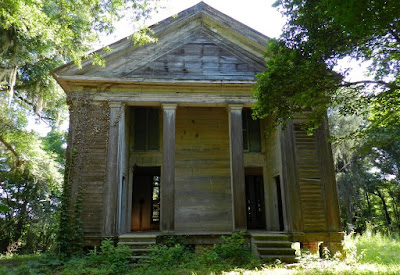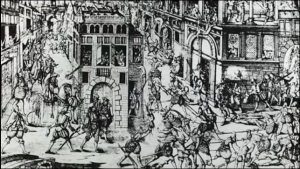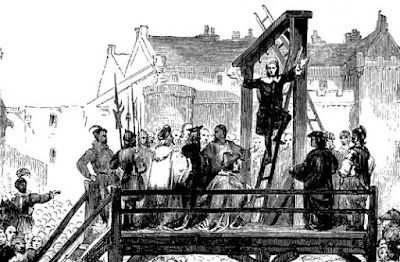Posts
Showing posts from August, 2015
Mrs. James Guthrie: Unswerving faithfulness in God
- Get link
- Other Apps
The Art of Prophesying, a short review
- Get link
- Other Apps
Belgic Confession: The Doctrine of God’s Providence
- Get link
- Other Apps
Presbyterian Church moved south to Alabama
- Get link
- Other Apps
The Articles of Perth [1618] - Usurpers, Pretenders, and the One True King.
- Get link
- Other Apps
Audio: St Bartholomew’s Day 1572: A Sixteenth-Century Massacre
- Get link
- Other Apps
Lady Margaret Douglas: A Lady of Good Courage
- Get link
- Other Apps
Early Cumberland Presbyterian church – Missionaries sent and schools
- Get link
- Other Apps
THE LAST SPEECH AND TESTIMONY OF THE REVEREND MR. JAMES RENWICK
- Get link
- Other Apps
Heidelberg 114: Between Moralism And Antinomianism (2)
- Get link
- Other Apps
What Does the Bible Teach About Satan?
- Get link
- Other Apps
Lady Jane Campbell: A Heart Filled With Faith
- Get link
- Other Apps
Luther on the Christian Life - A Review by David Luy
- Get link
- Other Apps


















